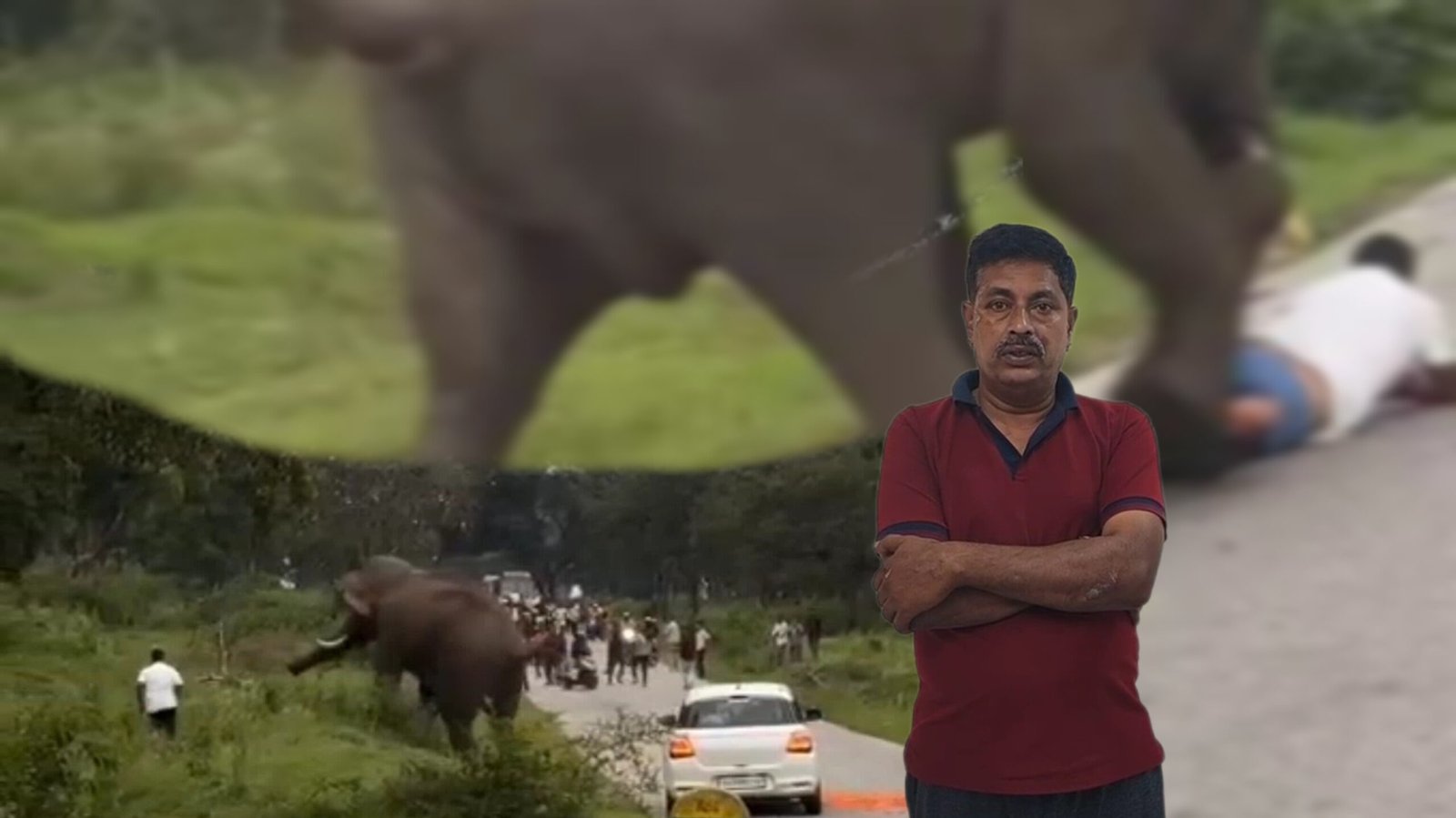Karnataka Forest Minister Eshwar B. Khandre announced that the state’s trekking paths will now have limited access to 300 trekkers per day to prevent environmental damage. Online tickets can be booked through the website https://aranyavihaara.karnataka.gov.in
The decision comes after 5,000-6,000 tourists visited Kumara Parvatha on January 26 and 27, causing chaos.
Key points:
- Limited trekkers per day to prevent environmental damage
- Online ticket booking through https://aranyavihaara.karnataka.gov.in
- Initially available for 5 trekking paths and will be added more
- Trekking paths include:
- Kumara Parvatha to Subrahmanya
- Bidahalli to Kumara Parvatha
- Bidahalli-Kumara Parvatha-Subrahmanya
- Chamarajanagar to Nagamalai
- Talakaveri to Nishanemotte
This move aims to promote eco-tourism while preserving Karnataka’s natural beauty.
Additionally, the minister announced that only 40 trekking paths will be added to the online portal this month. Other features include:
- Wildlife safari and boat safari ticket booking will also be available
- Trekkers can book up to 10 tickets from one phone number
- Full refunds will be provided if cancellations are made seven days in advance; partial refunds will be given for later cancellations
The online portal will provide information and images of various trekking paths across the state, benefiting trekkers and tourists.
Minister Khandre stated that trekking during monsoon season is unsafe due to the risk of landslides and wildlife encounters.
To address issues with private companies bulk-booking tickets, trekkers must now upload government-issued ID proofs and photos to book tickets.
Guides will be assigned to groups of 10-20 trekkers to provide information on flora, fauna, and local history.
An investigation has been ordered into allegations of private tourism companies and forest department staff colluding to block book tickets online at Skandagiri; concerned staff have been suspended, said Khandre.
To reduce waste, plastic items, including water bottles, carry bags, and food packets, will be banned on trekking paths and forest roads. Vehicles and trekkers will be required to dispose of these items in designated bins before entering, and fines will be imposed during checks.




